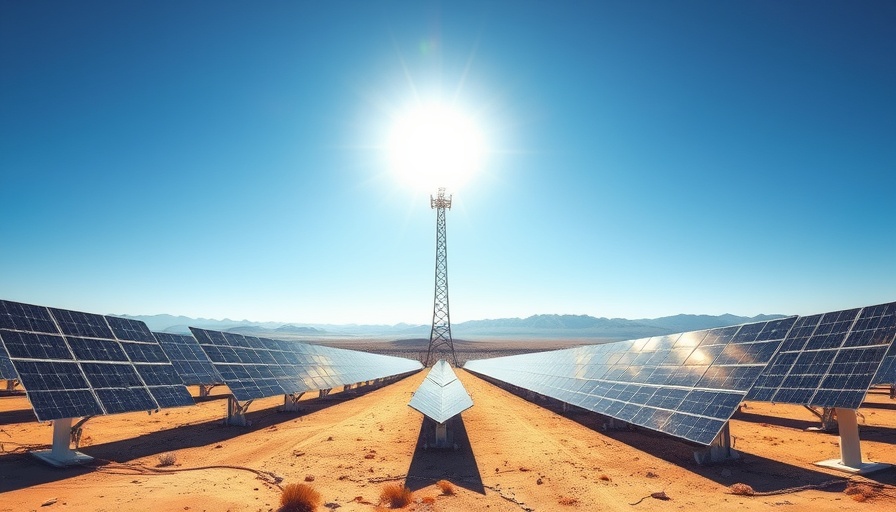
The Surge in Global Energy Demand: A Double-Edged Sword
In 2024, global energy demand surged to unprecedented levels, driven equally by fossil fuels and renewable energy sources. According to the latest report from the Energy Institute (EI), this dual growth signals both a positive shift towards cleaner energy and a troubling reliance on traditional fuels.
Record Highs Across the Energy Spectrum
The recent Statistical Review of World Energy highlights that consumption in all major energy sources, including renewables, coal, gas, nuclear, and hydropower, reached record highs. In a world increasingly aware of climate change, this simultaneous rise in energy demand from renewables and fossil fuels showcases the complex and sometimes contradictory path the global energy transition is taking. With a new total energy demand of 592 exajoules, this increase is the largest since 2006.
China: The Energy Juggernaut
No other country influences global energies as significantly as China. The report indicates that the nation contributed a staggering 57% of new renewable energy installations. Despite this remarkable growth in solar and wind power—an impressive 16% year-on-year increase—China remains the world’s largest emitter of carbon emissions due to its ongoing heavy reliance on coal for electricity.
Renewables Growing, But Fossil Fuels Still Dominate
Interestingly, fossil fuel use also grew, albeit modestly by just over 1%. This rise highlights a critical point: as renewables continue to expand rapidly, the pace of growth still fails to match the mounting global demand for energy. Electric consumption outpaced the total energy demand increase, underscoring a significant trend: the world is increasingly electrifying, moving towards a future powered by sustainable electricity sources.
The Path Forward: Is it Sustainable?
This growth in renewables casts a hopeful shadow on the future of energy. Predictions suggest that solar energy generation could outpace wind as early as 2025 or 2026. However, as the study indicates, if consumption continues to rise so drastically without equivalent renewable advancements, we risk deepening our reliance on fossil fuels at a time when we must be transitioning to a low-carbon future.
What This Means for You
What does this mean for the average person? As consumers of energy, we play a pivotal role in this transition. By supporting sustainable practices, investing in solar or wind technologies, and advocating for cleaner policies, we can help shape a world where energy consumption is not just about meeting demand, but doing so in a way that is beneficial for the planet. Consider how your own energy choices impact global trends and think critically about advocating for a more sustainable energy future.
Final Thoughts
The data emerging from the EI report presents both challenges and opportunities. While we celebrate the rapid advancements in renewable energy, we must remain vigilant about our fossil fuel habits. Working towards a balanced energy future demands concerted efforts from individuals, corporations, and governments alike. Our approach needs to reflect a collaborative investment in both energy efficiency and clean technologies for a truly sustainable future.
 Add Row
Add Row  Add
Add 




Write A Comment